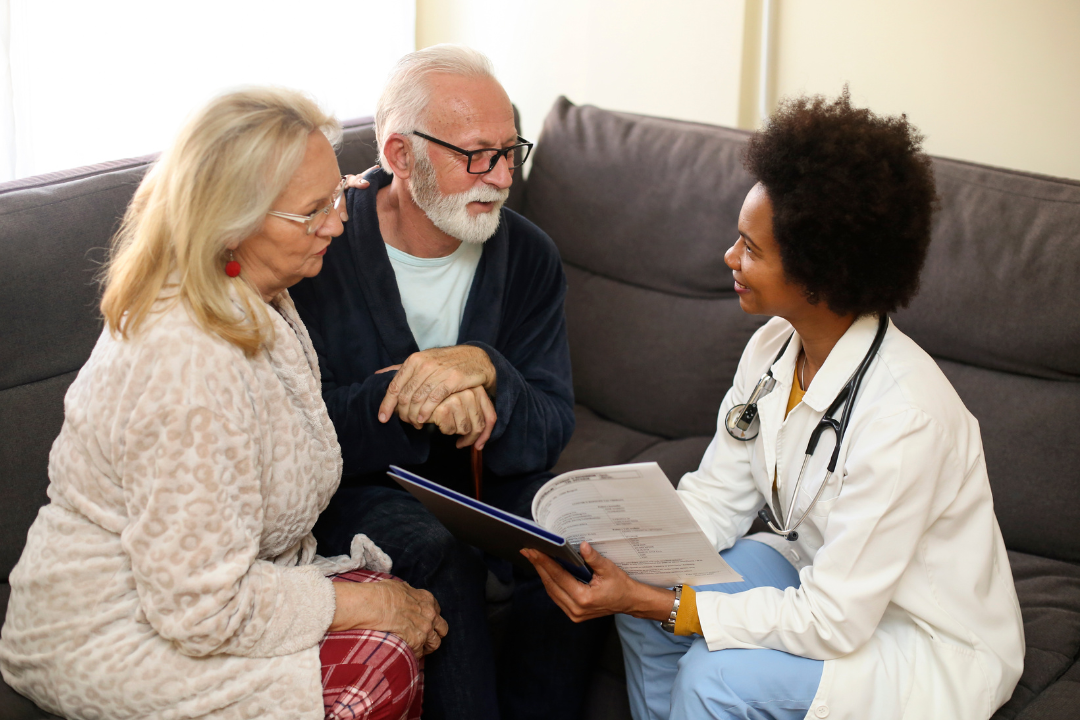The Age-Friendly Scholars Program is an annual interprofessional certificate program designed to teach health-care practitioners and multi-sector partners about a wide variety of aging issues, principles of gerontology, leadership, advanced communication and teaching skills. The AFSP emphasizes seeing older adults as whole people, listening to their stories and their values, and integrating creative and humanistic approaches into person-centered care.
History
The Age-Friendly Scholars Program (AFSP), formerly known as the Master Faculty Scholars Program, was founded through a 2011 Geriatric Workforce Enhancement grant from the Health Resources and Services Administration focused on how creativity affects aging. The AFSP is a collaboration between the GW Center for Aging, Health and Humanities (CAHH), the GW schools of Nursing, Medicine & Health Sciences, and Public Health, the Veterans Affairs Administration, and a wide array of multi-sector partners in the field of health and aging.
Over time and given the disruption of COVID-19 on in-person meetings, the AFSP has evolved into a virtual program that brings together community members interested in learning more about aging and geriatrics, including Hospice and Palliative Care fellows, medical residents, nurse practitioner students, social workers and other regional health professionals. This vibrant program consists of five, four-hour sessions held throughout the year in which participants and presenters share their unique expertise and vision for age-friendly living. Elizabeth Cobbs, CAHH co-director, and Andy Siegel, CAHH associate director for community engagement, lead the program.
What is "Age-Friendly"?
The age-friendly movement, initiated by the World Health Organization, is part of a global strategy to improve the economic, physical and social environments for all people with a special emphasis on older adults. This is an important concept for health-care providers because ageism and the medicalization of aging are rampant in health care and have significant negative health effects. Providers should have a lifespan approach to aging, adopting age-friendly practices for all patients, because when things are age-friendly, they are friendly for everyone.
It is this unique perspective that drives the Age-Friendly Scholars Program. The program is committed to bringing together health service providers in geriatric and palliative care with leaders in health policy and scholarship. Forging interprofessional partnerships and cultivating understanding between myriad stakeholders is critical to the overall improvement of society as aging demographics grow.
If you would like to learn more about the Age-Friendly Scholars Program, email us at aging![]() gwu [dot] edu (aging[at]gwu[dot]edu).
gwu [dot] edu (aging[at]gwu[dot]edu).


